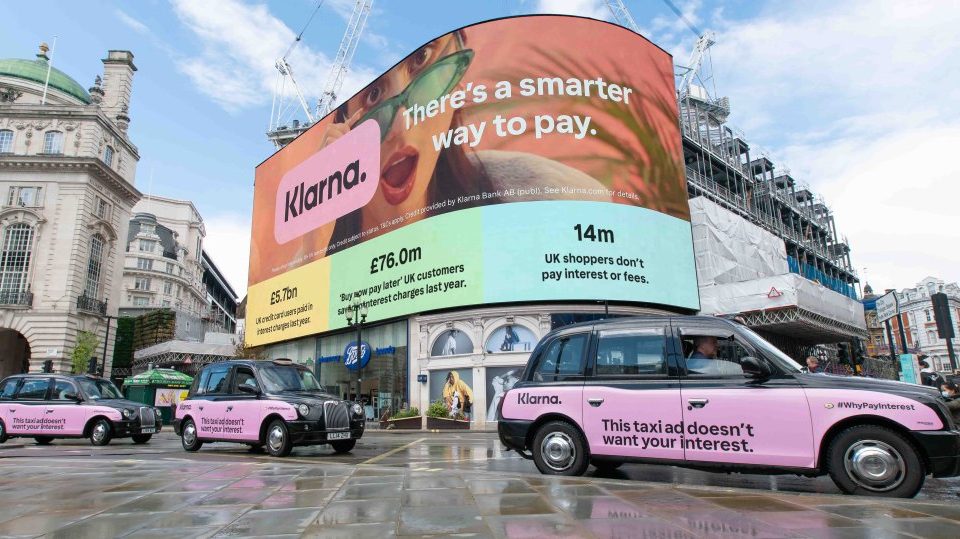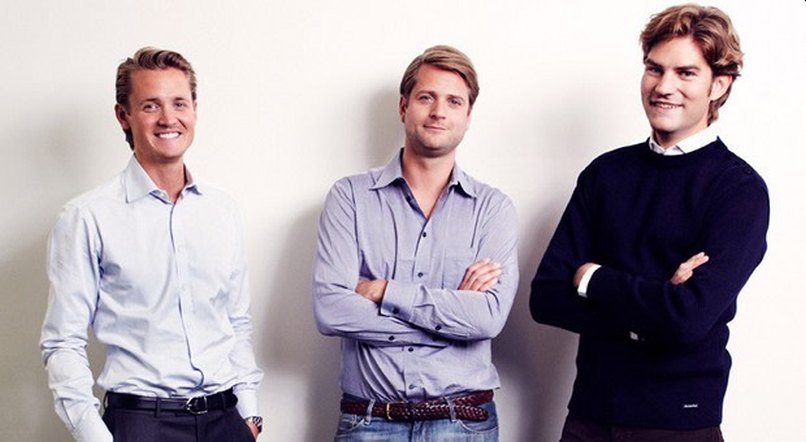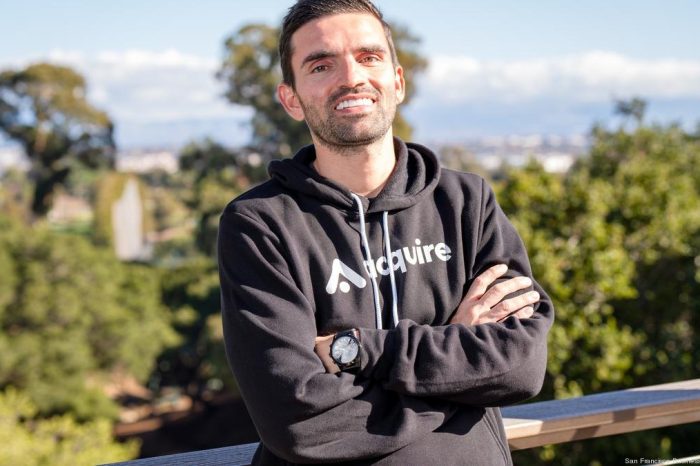Klarna, Europe’s most valuable fintech startup with a $6.7 billion valuation, eyes IPO

Klarna, Europe’s buy now, pay later (BNPL) fintech startup with a $6.7 billion valuation, has initiated the process for its highly-anticipated initial public offering (IPO). The Stockholm, Sweden-based Klarna has initiated a legal entity restructuring to establish a new holding company in the U.K. This strategic move is expected to lay the groundwork for Klarna’s future IPO listing, according to a report by CNBC.
According to a spokesperson from Klarna, confirmed to CNBC, the Stockholm-based business specializing in allowing shoppers to spread payments over installments has initiated a legal entity restructuring to establish the holding company. The preparation for this new company has gained approval from some of Klarna’s major shareholders, including Sequoia and Heartland, the spokesperson stated.
The spokesperson further clarified that this move is a step preceding a potential formal listing. However, the company stated that it’s still early in the process, stating there are no immediate plans for an IPO, CNBC reported.
The restructuring “is an administrative change that has been in the works for over 12 months and does not affect anyone’s roles, nor Klarna’s Swedish operations,” the Klarna spokesperson told CNBC in an email.
“Klarna Holding will continue to be the regulated financial holding company under the direct supervision of the SFSA and we will continue to hold a Swedish banking license.”
Regarding the listing location, the spokesperson highlighted that Klarna has not yet determined where it will choose to go public. The establishment of its new legal entity in the U.K. does not necessarily indicate the specific location for the IPO. Nevertheless, this setup provides Klarna with flexibility in deciding which stock exchange it might opt for in the future.
The news of the IPO comes as the 8-year-old fintech startup faces mounting losses. In August 2022, Klarna reported its biggest-ever loss, posting a nearly $600M loss in just 6 months. The company also reported it generated revenues of 9.1 billion Swedish krona ($950 million) in the period spanning January to the end of June 2022, a 24% increase from a year ago. That was the good news ends.
During the same period, the company’s pre-tax loss soared more than threefold year-on-year to nearly 6.2 billion krona $582,930,820. In the first half of 2021, Klarna lost around 1.8 billion Swedish krona. In May 2022, the BNPL pioneer laid off 10% of its workforce as the economic downturn hit the buy now, pay later space.
Founded in 2005 by Sebastian Siemiatkowski, Niklas Adalberth, and Victor Jacobsson, Klarna’s goal was to make it easier for people to shop online through its buy now, pay later offering. Since its inception, Klarna’s app has climbed to more than 12 million monthly active users worldwide, with 55,000 daily downloads, significantly outpacing its nearest competitor with almost 4x as many downloads over the last year. Klarna, a unicorn startup, is one of the world’s largest providers of “buy now, pay later” services, which offer shoppers interest-free financing over a period of installments.
In 2022, Klarna also launched a new credit card in the UK to take on banks and credit card firms. Unlike regular credit cards, Klarna said the card will allow for payment on purchases to be delayed for up to 30 days, with no interest charged on the balance or fees levied for late payment when used at high street shops. The new credit card is offered to customers in addition to Klarna’s buy-now-pay-later (BNPL) products for UK customers.

Klarna Founders




